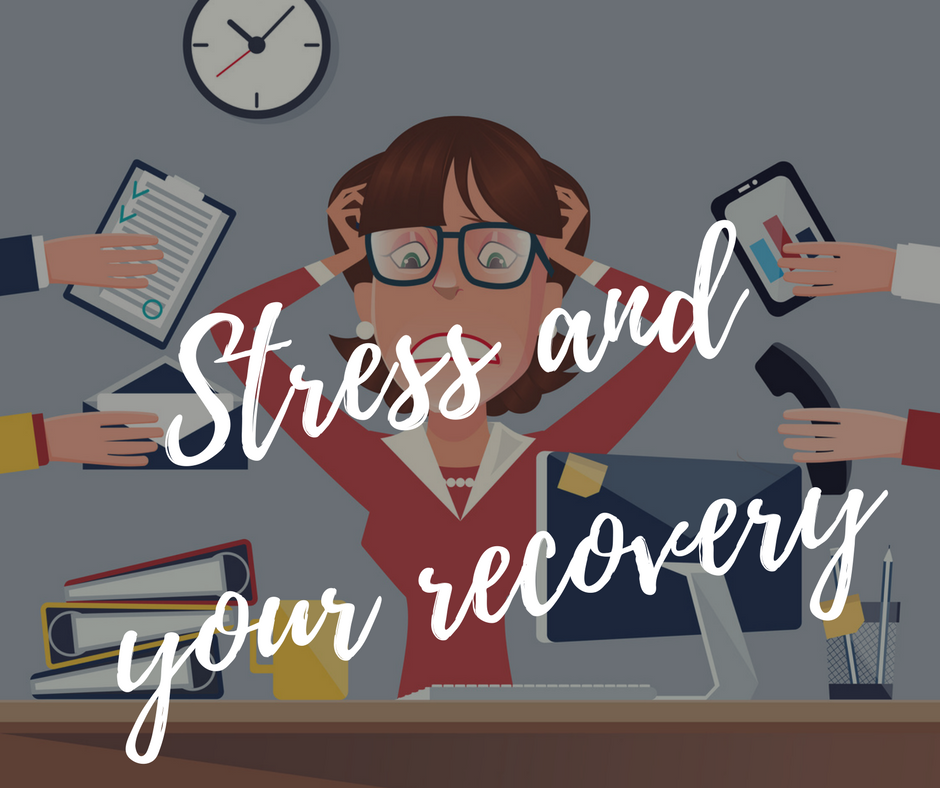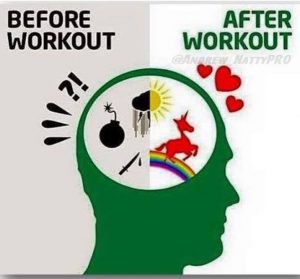20
Dec 2017
By Luke Carlson
Posted in
strength training,
stress relief,
stress,
recover,
Rest,
journal of strength and conditioning,
Exercise recovery,
recovery,
benefits from strength training
With
NO Comment
Permalink
Stress and Recovery
|
For over 11 years, we at Discover Strength have gone against the conventional wisdom that "more is better" when it comes to strength training. For years, we've taught the foundational tenet: You don't get stronger and reap the benefits of strength training WHILE we strength train; instead, we reap the benefits while we are RECOVERING from strength training. Research now supports the notion that two workouts per week can optimize the myriad of benefits from strength training.
However, until recently, very little research existed examining how the various stressors in our lives impact our finite recovery ability.
Authors of a brand new research study published in the Journal of Strength and Conditioning Research provides a breakthrough in our understanding of how chronic mental stress impacts the recovery of our muscles. The researchers concluded that "life event stress" significantly impacted one's ability to recovery from strength training. The authors state, "In all analyses, higher stress was associated with worse recovery." "Stress, whether assessed as life event stress or perceived stress, moderated the recovery trajectories of muscular function and somatic sensations in a 96-hour period after strenuous resistance exercise."
The take-home messages:
|
08
Nov 2017
By Luke Carlson
Posted in
strength training,
cognitive impairment,
cognitive function,
self esteem,
depression,
cognitive ability,
stress relief,
strength training for mental health
With
NO Comment
Permalink
3 Research-Based Mental Health Benefits of Strength Training (and an amazing music video)
When we discuss the many benefits of strength training, we commonly focus on the physiological benefits: Increased muscle strength, enhanced resting metabolic rate, improved bone mineral density and reduced resting blood pressure to name just a few. The aforementioned benefits are augmented by the equally important psychological benefits associated with strength training. The oft heard and almost clichéd expression, "My workout just makes me feel better" actually has significant scientific credibility. An ever-growing body of research points to three mental health benefits of strength training. Researcher Wayne Westcott Ph.D. recently authored an article examining the mental health benefits of strength training. I have included selected quotes below. This is fascinating:
1. Cognitive ability
- "In an excellent review titled, 'Strength Training as a Countermeasure to Aging Muscle and Chronic Disease,' Hurley, Hanson, and Sheoff described four studies that demonstrated an inverse relationship between muscular strength and mental decline/Alzheimer disease."
- "O'Connor, Herring, and Caravalho's comprehensive review of the mental health benefits of strength training identified four studies that attained significant improvements in memory as a result of resistance exercise."
- "A 2012 study by Nagamatsu and associates actually found resistance exercise to be more effective than aerobic activity for improving mental performance in 70 to 80 year old woman with mild cognitive impairment."
2. Self-Esteem
- "Research has revealed enhanced self-esteem resulting from resistance training among younger adults, older adults, women, and cancer patients."
- "Based on their research review, O'Connor and colleagues concluded that 'strength training alone is associated with improvements in overall self-esteem.'"
3. Depression
- "Strength training alone is associated with both large reductions in symptoms of depression among depressed patients with moderate reductions in depression symptoms among patients with fibromyalgia."
- "More than 90% of the initially depressed elders in the resistance exercise group no longer met the criteria for depression after 10 weeks of training, compared to 40% of those in the health education group over the same time period."




Leave a Reply
Your email address will not be published.